The European Commission (EC) has just abandoned a proposal to limit the use of pesticides, a move that represents the EU's concession to farmers after weeks of protests that have clogged many capitals and economic arteries across the 27-nation bloc.
Although the proposal has been stalled in EU institutions for the past two years, the EC's decision to backtrack is the latest sign that the bloc is willing to sacrifice environmental priorities to secure support from farming communities on the "old continent".
The pesticide issue is just one of a long list of grievances that has fuelled mass protests by EU farmers, who in recent weeks have used tractors to block key roads to complain about falling incomes and rising production costs.
The farmers' protests in Europe have also proved a harbinger of the next big political challenge in global climate action: how to grow food without further damaging the Earth's climate and biodiversity.
Calming the protests
“The proposal to limit the use of pesticides has become a symbol of polarization. To move forward, more dialogue and a different approach are needed,” Commission President Ursula von der Leyen told the European Parliament (EP) in Strasbourg, France on February 6.
“We want to ensure that farmers remain at the helm of this process. Only when we achieve our climate and environmental goals together can farmers continue to make a living,” Ms. Von der Leyen affirmed.
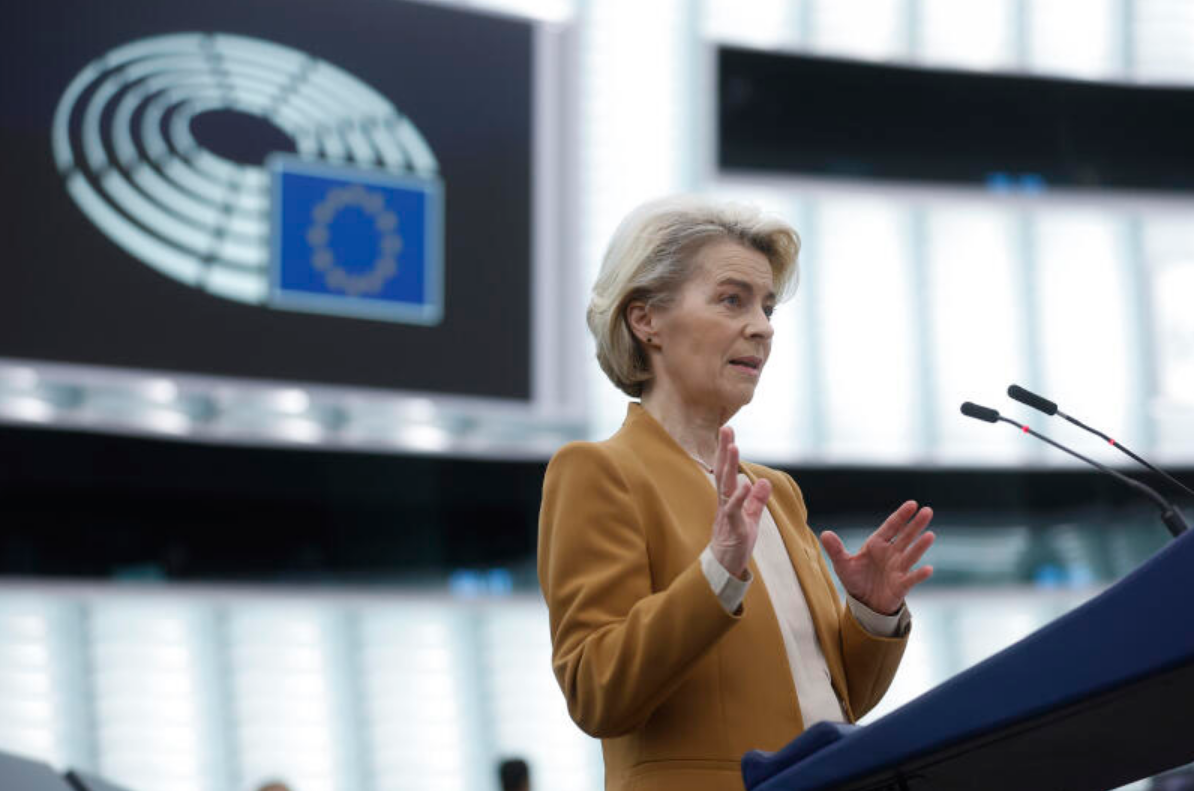
European Commission (EC) President Ursula von der Leyen speaks at the European Parliament in Strasbourg, eastern France, February 6, 2024. Photo: Le Monde
It is unclear when the new proposals will be drawn up. European Parliament elections are due in June, and the plight of farmers has become a central focus of the campaign, even sidelining the climate issue in recent weeks.
Under the European Green Deal, the EU has set a target of cutting the total use of pesticides and other toxic substances by 50% by 2030. This proposal has been criticized by environmentalists who say it will not be enough to achieve sustainability goals. It has also been opposed by the farming community because it is considered unachievable and threatens to destroy farmers' livelihoods.
The decision to shelve the pesticide proposal is the EU's latest move to calm a wave of farmers' protests across the continent, which have affected the daily lives of tens of millions of EU citizens and cost businesses tens of millions of euros in transport delays.
Many politicians, especially those on the right, have welcomed the impact of the protests. For example, Italy’s right-wing Transport Minister Matteo Salvini said: “Farmers with tractors are forcing Europe to withdraw from the nonsense imposed by multinationals and the left.”
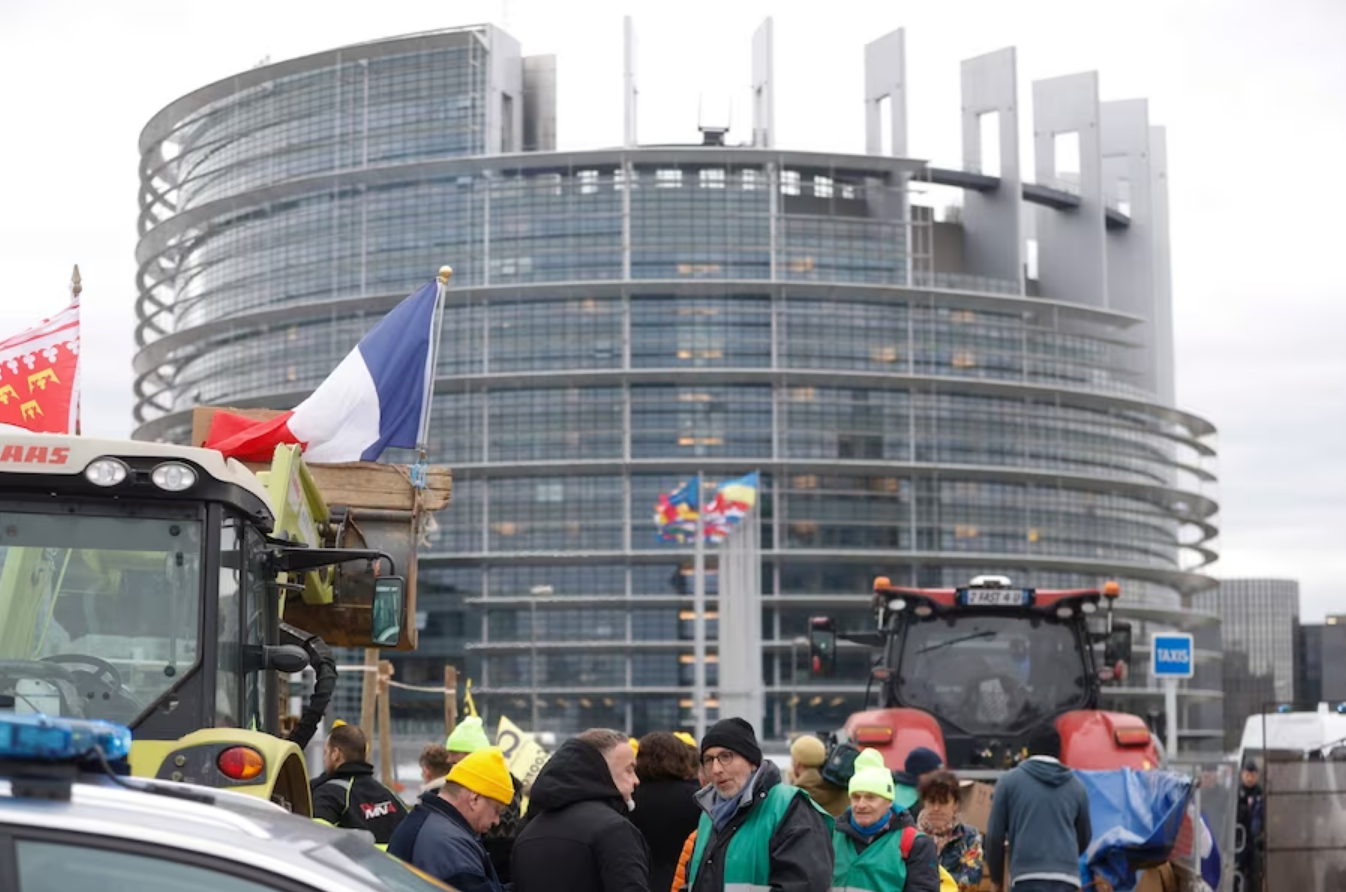
Farmers gather outside the European Parliament building to protest, in Strasbourg, eastern France, February 6, 2024. Photo: Globe and Mail
Last week, Ms von der Leyen announced plans to protect EU farmers from cheaper produce from Ukraine and allow farmers to use some land they have been ordered to abandon for environmental reasons.
In France, where tractor protests have reached a large scale, French Prime Minister Gabriel Attal has promised additional financial support of more than 400 million euros ($436 million).
The EC is to announce further measures on how to meet its tough climate change targets, with environmentalists fearing more concessions could be forthcoming as protests continue across Europe.
Preserving “European identity”
Since early on February 6, farmers across Spain have staged tractor protests, blocked highways and caused traffic jams to demand changes in EU policies and funding as well as measures to combat rising production costs.
The protests came as Spain's agriculture ministry announced 270 million euros ($290 million) in aid for 140,000 farmers to address drought and problems caused by the Russia-Ukraine conflict.
Bulgarian farmers have fueled their protests by moving heavy farm vehicles from their fields to major highways and border crossings, paralyzing traffic and adding to the Southeast European country's economic woes.
The move comes after farmers refused to accept the Bulgarian government's support offer, saying it was not enough to compensate them for losses caused by the war in Ukraine, higher production costs, climate conditions and the requirements of the European Green Deal.
Farmers in the Netherlands blocked several roads and highways with their tractors on the evening of February 5, burning hay and tires. Police in the rural province of Gelderland said they had taken action against the farmers who were blocking roads, but there were no immediate reports of arrests.
In addition, in recent weeks, farmers have also protested in France, Poland, Greece, Ireland, Germany and Lithuania.

Farmers block a highway with tractors during a protest in Fondarella, Spain, on February 6, 2024. A banner reads: "No farmers, no food, no future." Photo: RTE
EU farmers say they are under pressure from many sides, including high fuel costs, strict Green Deal regulations, and unfair competition from agricultural producers in countries with fewer environmental restrictions.
Agriculture accounts for 30% of global greenhouse gas emissions, but the EU cannot meet its ambitious climate targets set in law without making drastic changes to its agricultural system, including how farmers use chemical pesticides and fertilizers, as well as its vast livestock sector.
It is also important politically. Changing farming practices in Europe is proving extremely difficult, especially with parliamentary elections approaching in June. Farmers are a powerful political force, and food and agriculture are powerful markers of “European identity”.
Agriculture accounts for just over 1% of the European economy and employs 4% of the population. But it receives a third of the EU budget, mostly in the form of subsidies .
Minh Duc (According to AP, NY Times)
Source








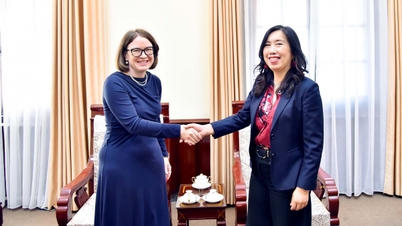



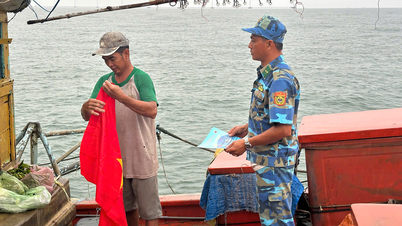




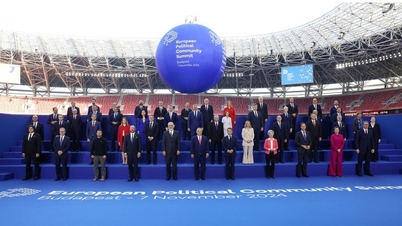


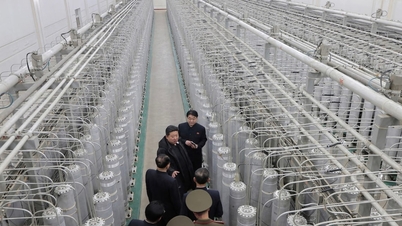

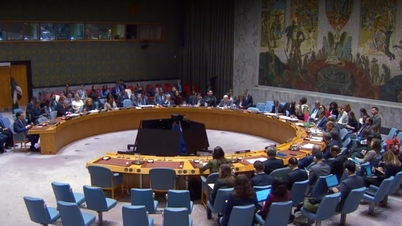
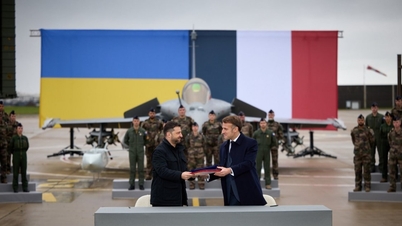

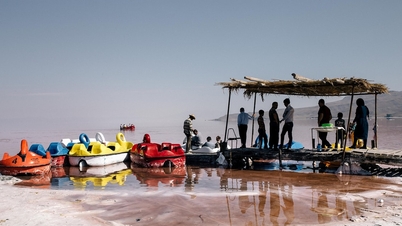












![[Photo] General Secretary To Lam and National Assembly Chairman Tran Thanh Man attend the 80th Anniversary of the Traditional Day of the Vietnamese Inspection Sector](https://vphoto.vietnam.vn/thumb/1200x675/vietnam/resource/IMAGE/2025/11/17/1763356362984_a2-bnd-7940-3561-jpg.webp)







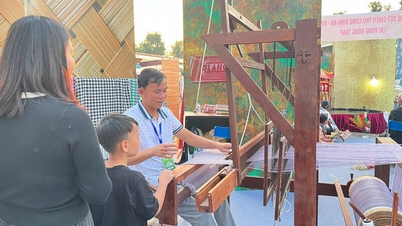
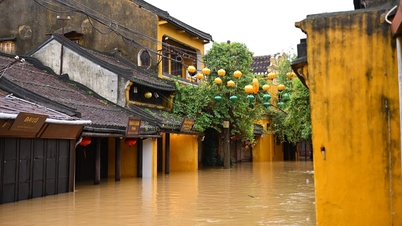
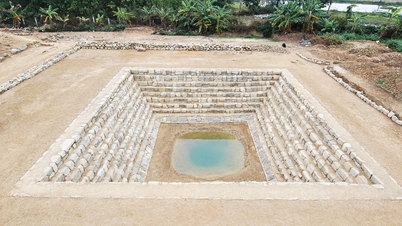




























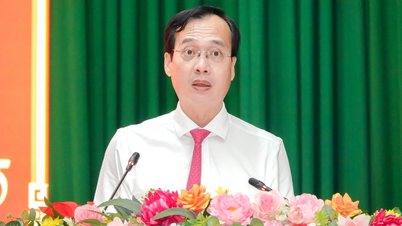

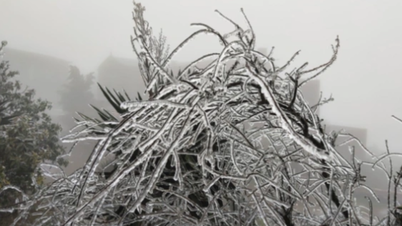







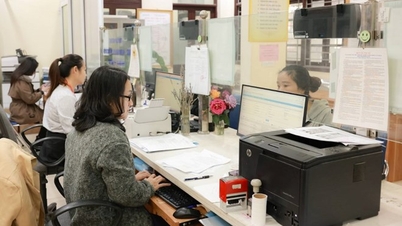





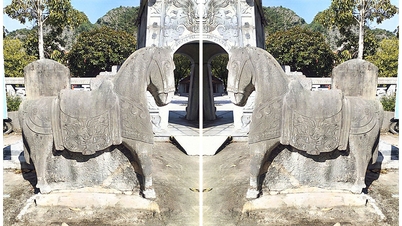

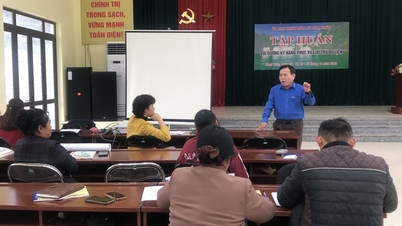

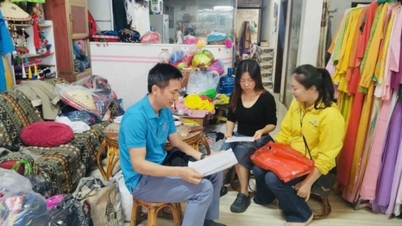

















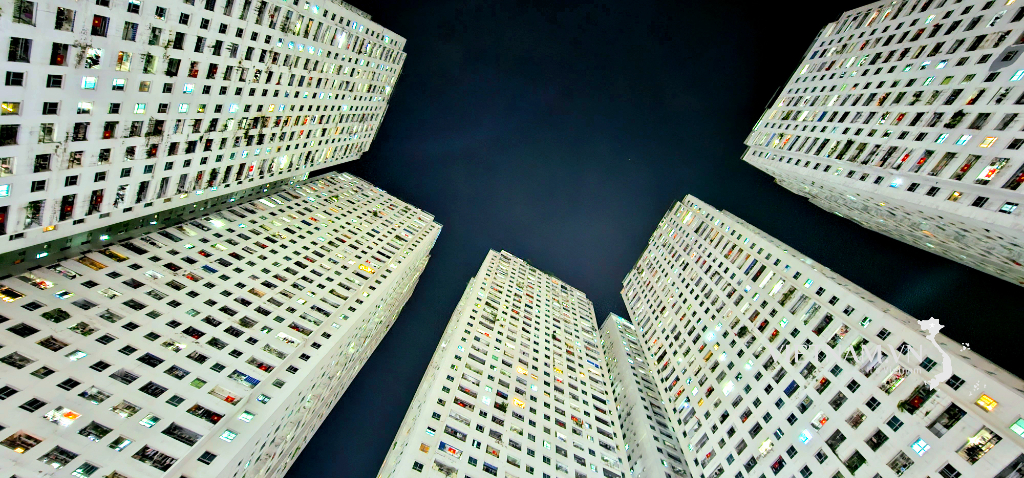
Comment (0)